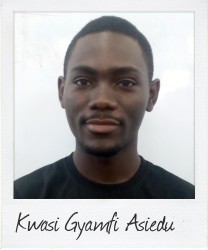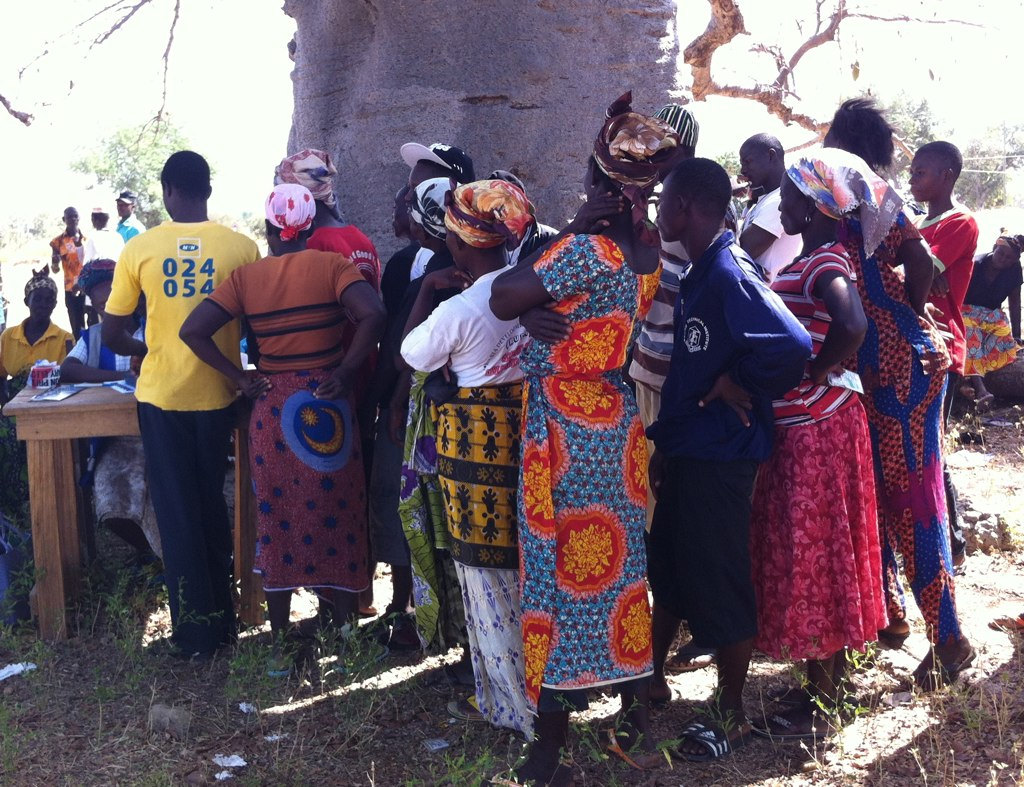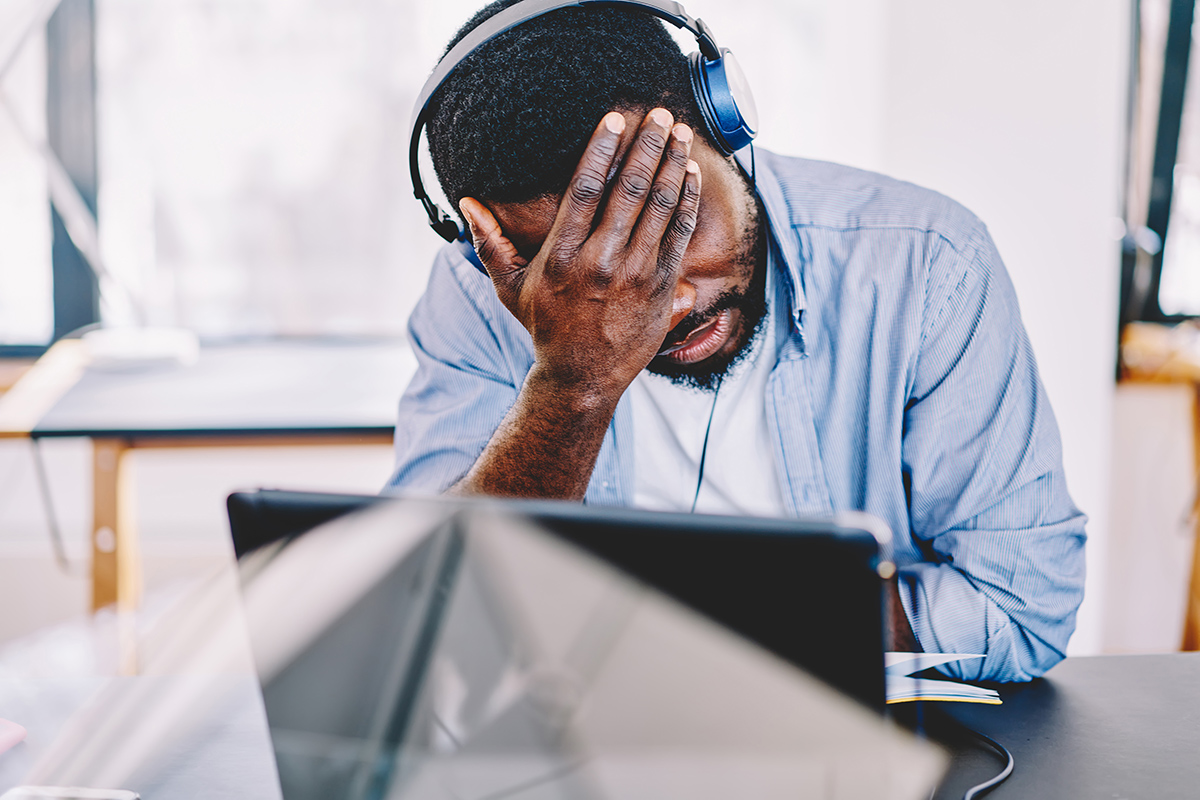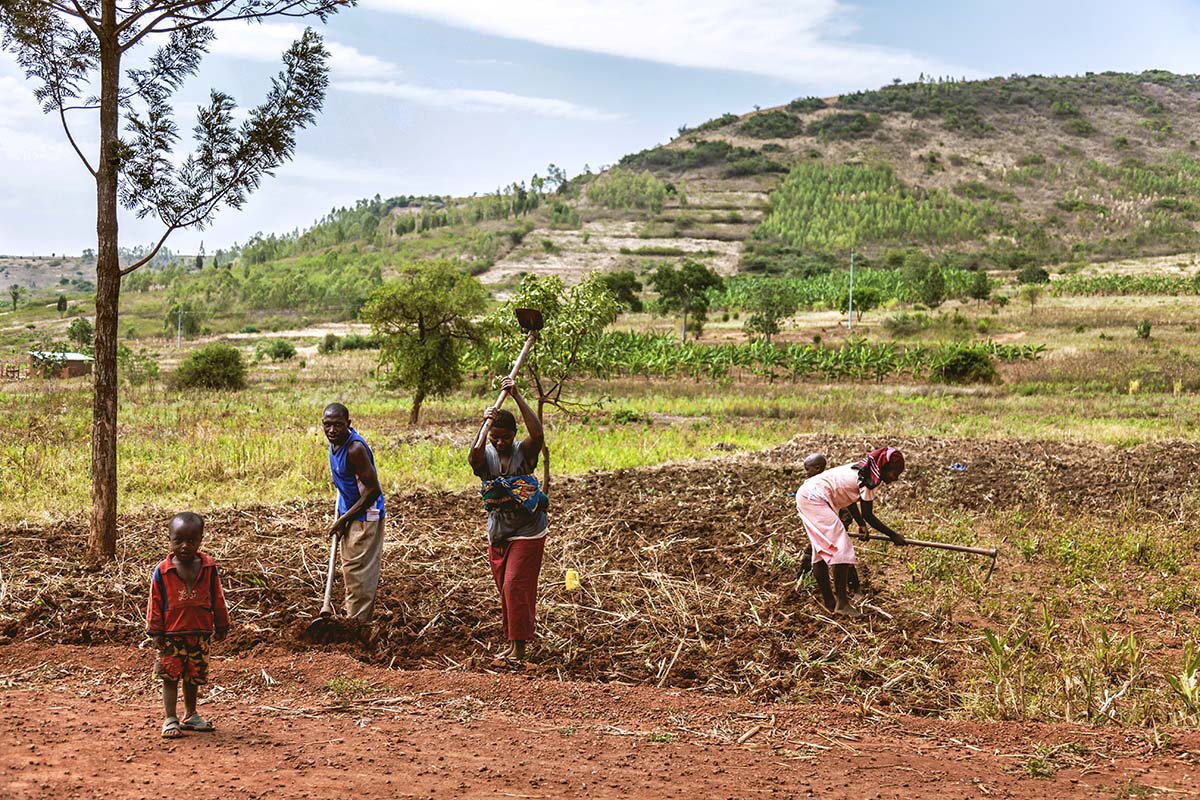“Ghana youth speak out on election issues”
December 5 Ghanaians head to the polls on December 7 to choose a president and parliament. Kwasi Gyamfi Asiedu, 20, a Commonwealth Correspondent from Ghana, says the country is a beacon of democracy in Africa after successfully organising six previous elections and the peaceful transfer of power between political parties.
Ghanaians head to the polls on December 7 to choose a president and parliament. Kwasi Gyamfi Asiedu, 20, a Commonwealth Correspondent from Ghana, says the country is a beacon of democracy in Africa after successfully organising six previous elections and the peaceful transfer of power between political parties.
While much of the world’s media attention may be fixed on the election in the United States and its aftermath, one this month in my tiny West African country is also of huge significance.
The two leading candidates are the incumbent, President John Dramani Mahama, 58, who is contesting his second and final term of office, and Nana Akufo-Addo, 72, who is running for the third time after two unsuccessful attempts in 2008 and 2012.
One section of the electorate both candidates are hoping to attract is the youth vote. Ghana is a relatively young country with 58 per cent of the population under the age of 24. By 2020, 71 per cent of the population will be under 35 years of age, according to the Ghana Statistical Service.
As a first time voter, I am looking forward to this election with much excitement, unsurprisingly. I have been scrutinising the campaign and the manifestos of the various parties in order to decide who to vote for. Among my friends, there is consideration of a vote for ‘non-establishment’ candidates in this election. That is because, unlike our parents’ generation, tribal, regional or religious identities will not play a significant role in determining our choice.
So I went around my university, the Ghana Institute of Journalism, to speak to some final year students about the upcoming elections. I had just one question: “What is the most important issue for you ahead of Ghana’s elections?”
Here are some of the responses, which you can also see on video using the link below.
“Considering all the policies of the various political parties have in their manifestos, as a youth, I think we should rather bring up something that is sustainable. Some [governments start a project and when a new government is elected] it collapses. So I want policies that would sustain [projects] that have already been put in place and also running new ones, so that we don’t end up going back to where we started from” – Obed Kumi, journalsim student.
“I believe that what the [next] government should focus on is jobs. Because a job is linked to every aspect of society. If we want to have security, political stability; then people should have jobs. One reason why people behave in all forms of [violent acts] and wars is because they don’t have jobs to do. So I basically believe that creating jobs will solve the political problems that we have and the social problems as well” – Mark Anthony Darko, journalism student.
“For me, it is educational structures and how they function. Most of the time, you go to school and you have so many challenges and you don’t know who to talk to. So let educational structures function in the school as well as the infrastructure” – Jemima Azumah, public relations student.
“It is just about management. It cuts across all policies. [Some of the candidates] talk about building factories and dams, but the issue is how do we manage what we have built? In the past we built a lot of dams and we are not using them…So if you build something, how do you manage it? So I want to hear the parties talk about how they will manage our institutions very efficiently” – Prosper Senyo, journalism student.
“The most important issue I think is agriculture…Because agriculture is something that hasn’t been encouraged in Ghana. A lot of young people finish school and go into something else rather than agriculture. But that is where we will get our food to eat so I think that we should focus on that and see how we can bring in technology and things that will aide our [agriculture sector] and help this country develop” – Emmanuel Azasoo, journalism student.
Personally, urbanisation is the most important issue for me. I live in Accra; half of our population live in urban spaces like I do. As such, an urban plan that ensures that there is affordable housing (especially for young people), an efficient transport system and where environmental responsibility is chief is very important to determining who would get my first ever vote.
See the video below –
https://www.youtube.com/watch?v=JmVhpZVNzqw
https://www.youtube.com/embed/JmVhpZVNzqw
Photo credit: Eileen Delhi Ghana votes via photopin (license)
………………………………………………………………………………………………………………
About me: I am Kwasi, a journalism student from Ghana. I hope to use my skills to tell positive stories about marginalised communities in the world, with the belief that these stories would force action that improves the lives of the people.
………………………………………………………………………………………………………………
Opinions expressed in this article are those of the author and do not necessarily represent the views of the Commonwealth Youth Programme. Articles are published in a spirit of dialogue, respect and understanding. If you disagree, why not submit a response?
To learn more about becoming a Commonwealth Correspondent please visit: http://www.yourcommonwealth.org/submit-articles/
………………………………………………………………………………………………………………




